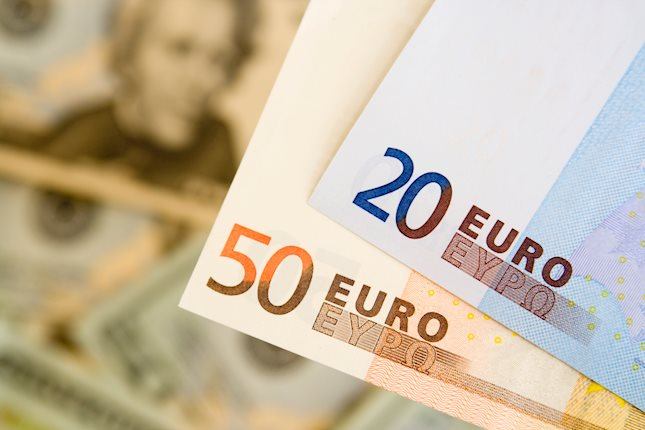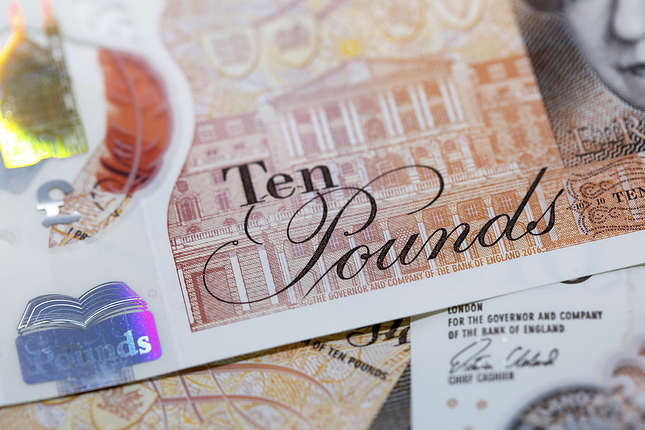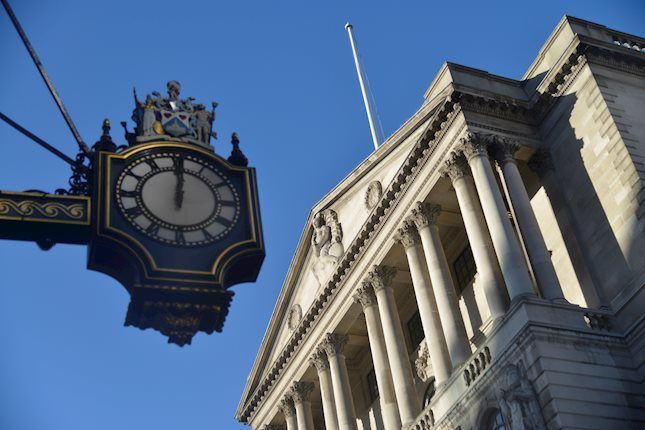- EUR/JPY bounced back from sub-1.2800 lows on Friday to trade in the 128.30 area.
- Pandemic uncertainty is keeping the pair under pressure, as focus turns to next week’s ECB meeting.
EUR/JPY bounced back from sub-1.2800 lows on Friday to trade in the 128.30 area. The pair looks on course to end the week about 0.6% higher, having found solid support in the 127.50 area earlier in the week. EUR/JPY was at one point on Wednesday above 129.00, meaning that over the course of the last two days it has given back 50% of its weekly gains. A similar trend has been witnessed across JPY crosses, they continue to struggle to recovery to pre-Omicron levels. For EUR/JPY, that was above 129.00.
Why could this be the case? The uncertainty is far from over. Yes, it seems as though Omicron is much milder than delta. But there has also been plenty of evidence this week to suggest that it is significantly more transmissible (a Japanese study put it at 4.2 times more transmissible). That means that even if its infection to hospitalisation rate is (for example) five times lower than with the delta variant if it spreads to enough people simultaneously thanks to its high transmissibility, hospitals could still be overwhelmed. That means governments may still be inclined to tighten lockdowns as infection rates rise in the coming weeks and they will rise significantly. Many already are (most notably the UK government implementing its Covid-19 “Plan B”).
Thus, it remains difficult to predict how economic growth will progress over the coming quarter in Europe and elsewhere and this naturally favours the safe-haven yen. Despite elevated pandemic uncertainty, the ECB seems intent on ending its pandemic era emergency QE programme in March as planned, though sources this week indicated it may temporarily increase its pre-pandemic QE programme to ease rate of the decline in purchases so as to avoid any disorderly conditions in markets. Next week’s ECB meeting should shed light on its QE plans. For now, EUR/JPY will likely trade within recently established 127.50-129.00 ranges as uncertainty clears up.
Note: All information on this page is subject to change. The use of this website constitutes acceptance of our user agreement. Please read our privacy policy and legal disclaimer. Opinions expressed at FXstreet.com are those of the individual authors and do not necessarily represent the opinion of FXstreet.com or its management. Risk Disclosure: Trading foreign exchange on margin carries a high level of risk, and may not be suitable for all investors. The high degree of leverage can work against you as well as for you. Before deciding to invest in foreign exchange you should carefully consider your investment objectives, level of experience, and risk appetite. The possibility exists that you could sustain a loss of some or all of your initial investment and therefore you should not invest money that you cannot afford to lose. You should be aware of all the risks associated with foreign exchange trading, and seek advice from an independent financial advisor if you have any doubts.
Recommended content
Editors’ Picks

EUR/USD stabilizes near 1.0400 after upbeat US data
EUR/USD consolidates daily recovery gains near 1.0400 following the release of upbeat United States data. Q3 GDP was upwardly revised to 3.1% from 2.8% previously, while weekly unemployment claims improved to 220K in the week ending December 13.

GBP/USD extends slide approaches 1.2500 after BoE rate decision
GBP/USD stays on the back foot and break lower, nearing 1.2500 after the Bank of England (BoE) monetary policy decisions. The BoE maintained the bank rate at 4.75% as expected, but the accompanying statement leaned to dovish, while three out of nine MPC members opted for a cut.

Gold approaches recent lows around $2,580
Gold resumes its decline after the early advance and trades below $2,600 early in the American session. Stronger than anticipated US data and recent central banks' outcomes fuel demand for the US Dollar. XAU/USD nears its weekly low at $2,582.93.

Bitcoin slightly recovers after sharp sell-off following Fed rate cut decision
Bitcoin (BTC) recovers slightly, trading around $102,000 on Thursday after dropping 5.5% the previous day. Whales, corporations, and institutional investors saw an opportunity to take advantage of the recent dips and added more BTC to their holdings.

Bank of England stays on hold, but a dovish front is building
Bank of England rates were maintained at 4.75% today, in line with expectations. However, the 6-3 vote split sent a moderately dovish signal to markets, prompting some dovish repricing and a weaker pound. We remain more dovish than market pricing for 2025.

Best Forex Brokers with Low Spreads
VERIFIED Low spreads are crucial for reducing trading costs. Explore top Forex brokers offering competitive spreads and high leverage. Compare options for EUR/USD, GBP/USD, USD/JPY, and Gold.